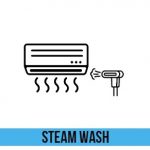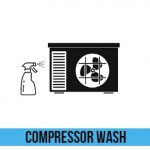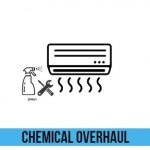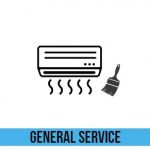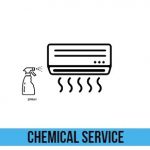Aircon Gas Topup
- A forced air system that has a low gas volume wont be running as productively as it should. You additionally risk your blower overheating and you would prefer not to keep it up on the grounds that it will in the long run breakdown.
- A gas break will be hazardous for your blower which may bring about a total disappointment if not took care of. The condenser will likewise be influenced which implies you have two sections that may require supplanting. On the off chance that you permit it to proceed, you will go through a great deal of cash to fix it later on.
RELATED SERVICE'S
